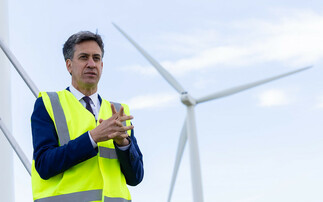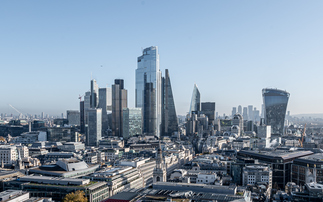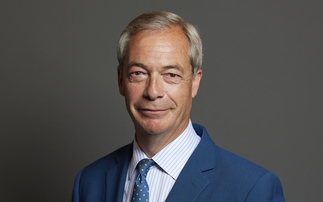Faith groups call on Theresa May to appoint a minister responsible for developing a plan for the UK to hit each of the 17 Sustainable Development Goals
Religious leaders in the UK have urged Prime Minister Theresa May to appoint a dedicated minister for the Sustainable Development Goals (SDGs) as part of renewed efforts to address poverty, inequality, and environmental issues across the country.
A letter sent to the PM this week by leaders of the Christian, Jewish, Sikh, Hindu, Muslim, and Buddhist faiths raises concerns about the UK's growing obesity rates, food bank use, and rising tension over immigration in UK communities, and points to the SDGs as an opportunity to build a more sustainable, healthy, and inclusive national community.
Signed by more than 30 faith representatives, the letter calls on May to set out a coherent plan for meeting each of the 17 SDGs, and advises appointing a dedicated minister tasked with overseeing their delivery.
"Only 24 per cent of the SDG targets are on track to be achieved in the UK. We believe that we can do better," states the letter, which was co-ordinated by the UK Stakeholders for Sustainable Development (UKSSD) and United Society for Partners in the Gospel (USPG).
"We are calling on your government to work collaboratively with us and use the SDGs as an opportunity to build cohesion and resilience in our communities, and to ensure that the UK is able to help resolve the challenges we share globally with the international community," it adds.
The UK government has promised to work with stakeholders and businesses across the country to produce its progress report on the SDGs, which is due to be launched in July 2019. Earlier this autumn the Department for International Development (DFID) urged businesses and other stakeholders to contribute to a Voluntary National Review of the SDGs.
But campaigners have repeatedly called on the government to prioritise action on the SDGs and fast track the development of a dedicated SDG strategy to help accelerate progress on tackling poverty and inequality, public health, climate change, and water and air quality.
Earlier this year the UKSSD published the first independent review of UK progress against the SDGs, concluding the UK is on course to meet just 24 per cent of the targets. The review warned 57 per cent of SDG targets considered relevant to the UK were suffering from inadequate policy, and for 15 per cent highlighted there is "little or no policy in place to address the target".
In response to the letter, a spokeswoman for DFID said the UK's commitment to delivering the UN's Global Goals is "steadfast".
"It is right that we work together across-government, business and civil society to achieve the Goals and ensure a Britain that is fair, equal and enables its citizens to thrive," she said. "The UK has made good progress, but there is still more to be done."
"That is why it is important that voices from across the UK use the Voluntary National Review to show how their work is helping to achieve the Goals as we build momentum to achieve them by 2030."










